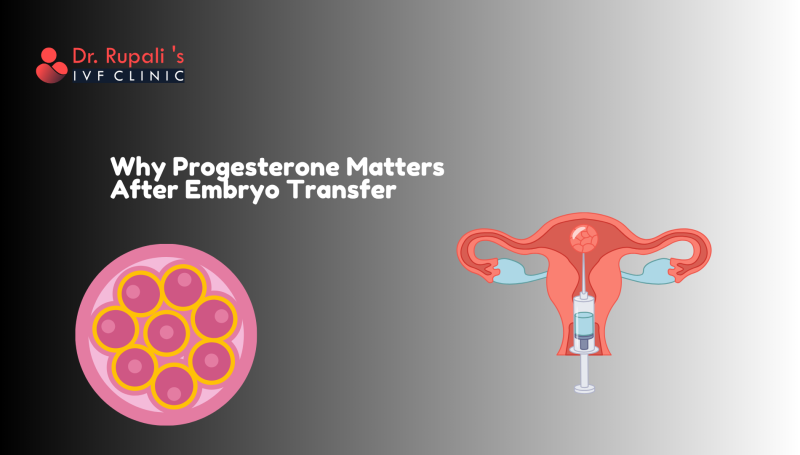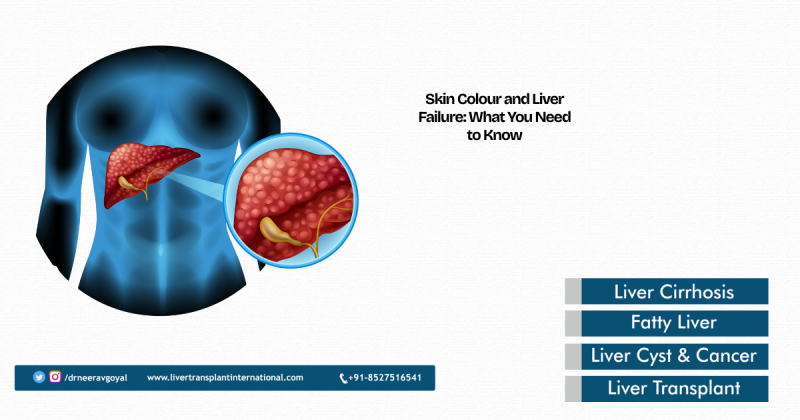Health
Why Progesterone Matters After Embryo Transfer

Introduction
Imagine trying to plant a seed in dry soil. Even if it’s the best seed, without the right environment, it won’t grow. That’s exactly what happens during IVF. After an embryo is transferred into the uterus, it needs the perfect “soil” to grow — and that’s where hormones, especially progesterone, come into play.
In this article, we’ll explore why hormonal support, especially progesterone, is essential after embryo transfer, and how it significantly increases the chances of a successful pregnancy. If you’re going through IVF or planning to, understanding this hormone’s role can make the journey a little less confusing — and a lot more hopeful.
Let’s break it down simply, just like a good doctor would. Speaking of which, we’ll also touch upon how the best IVF doctor in New Delhi ensures patients receive the right hormonal support tailored to their unique needs.
1. What Happens After an Embryo Transfer?
Once the embryo is placed into the uterus during IVF, it needs to implant-- attach itself to the uterine lining-- to start a pregnancy. But the uterus won't welcome the embryo unless it's hormonally prepared. This preparation begins with estrogen, which thickens the uterine lining, followed by progesterone, which makes that lining sticky and hospitable.
2. Why Hormonal Support is Crucial
Hormonal support acts like a support crew for a rocket launch. The embryo is the rocket, and progesterone is the team ensuring all systems are go for takeoff. Without enough support, the embryo may fail to implant, or even if it does, the pregnancy may not continue.
3. Meet the Star Hormone: Progesterone
Progesterone is often called the "pregnancy hormone" because it's essential for maintaining early pregnancy. Produced naturally by the ovaries, its role becomes even more critical during IVF, especially if you're on a medicated cycle where your body might not produce enough on its own.
4. How Progesterone Prepares the Uterus
Think of the uterus as a bed. Estrogen puts the sheets on, but progesterone fluffs the pillows and warms the blanket. It transforms the uterine lining into a soft, nourishing environment perfect for a tiny embryo to settle in. Without this, even a healthy embryo can't survive.
5. Natural vs Supplemental Progesterone
In a natural cycle, your body makes progesterone after ovulation. But in IVF, especially if the ovaries have been stimulated or you're using donor eggs, your body might not produce enough. That's where supplemental progesterone comes in-- giving your body a helping hand at the most important time.
6. Different Forms of Progesterone Used in IVF
There are several ways doctors give progesterone:
Injections (IM): Strong and effective, but can be painful.
Vaginal gel or suppositories: Convenient and more localized.
Oral tablets: Easier to take but less commonly used due to absorption issues.
Your IVF doctor will choose the best form for your body and treatment plan.
7. How Long Should You Take Progesterone?
Typically, progesterone is continued until 10-12 weeks of pregnancy, when the placenta takes over hormone production. Stopping it too early can risk miscarriage, so it's important to follow your doctor's advice closely.
8. What Happens If Progesterone is Low?
Low progesterone levels can prevent the embryo from implanting or lead to early miscarriage. Symptoms may include spotting or cramping, but often, there are no clear signs. That's why regular monitoring is essential.
9. Can You Have Too Much Progesterone?
While rare, excessive progesterone can cause side effects like:
Fatigue
Mood swings
Bloating
However, these are usually manageable. Your doctor adjusts the dosage based on your blood levels and response.
10. Role of Estrogen Alongside Progesterone
Estrogen and progesterone work like dance partners. Estrogen builds the stage, and progesterone brings the performance to life. During IVF, doctors often prescribe both to ensure the endometrium is just right for implantation and support.
11. Signs Your Body is Responding Well
Some positive signs that your hormonal support is working include:
No spotting or cramping
Stable hormone levels in blood tests
Positive pregnancy test!
However, symptoms aren't always reliable indicators. Lab monitoring is key.
12. Managing Side Effects of Progesterone
Side effects can be tough, but manageable. Common ones include:
Breast tenderness
Moodiness
Mild bloating or nausea
Drinking water, light exercise, and a balanced diet can help. Most importantly, stay in close touch with your IVF team.
13. Monitoring Hormone Levels Post-Transfer
Your clinic will likely check your progesterone and estrogen levels before and after transfer, especially if you're not producing hormones naturally. This ensures that your body is staying on track.
14. The IVF Doctor's Role in Hormonal Support
A good IVF doctor doesn't just do the procedure-- they orchestrate your hormonal care like a symphony conductor. They know how much support your body needs and when. That's why choosing an experienced specialist is essential for success.
15. Choosing the Best IVF Doctor in New Delhi
If you're in Delhi or nearby, finding the best IVF doctor in New Delhi can make a world of difference. The top doctors not only use advanced technology but also personalize your hormone support based on your body's response.
Look for a clinic that:
Offers thorough hormone monitoring
Provides multiple progesterone options
Has high success rates
Gives you emotional and medical support
A great doctor won't treat you like a number-- they'll walk with you through every step, including those crucial days after the transfer.
Conclusion
In the beautiful but sometimes overwhelming journey of IVF, progesterone is a quiet hero. It doesn't get much attention, but without it, a successful pregnancy is far less likely.
If you're planning IVF or already in the middle of treatment, don't underestimate the power of hormonal support. And remember-- a caring and knowledgeable IVF specialist, like the best IVF doctor in New Delhi, will ensure that your body gets the right boost at the right time.
Stay hopeful, stay informed-- and know that you're not alone.
FAQs
1. Why is progesterone given after embryo transfer?
Progesterone is essential for preparing and maintaining the uterus so the embryo can implant and grow. It mimics what the body would naturally produce after ovulation.
2. What happens if I forget a dose of progesterone?
Missing a single dose might not cause harm, but it's important to inform your clinic immediately. They may advise you to take it as soon as you remember or adjust your schedule.
3. Are progesterone shots better than tablets or gels?
Each form has its pros and cons. Injections are more potent, but gels and suppositories are more comfortable. Your doctor will choose what's best for your situation.
4. Can progesterone alone support a pregnancy?
While it's crucial, progesterone often works best with estrogen and other supportive medications. Together, they create the right hormonal environment for a successful pregnancy.
5. How do I know if my progesterone levels are normal after IVF?
Your IVF clinic will check your blood levels. Normal ranges vary, but consistent monitoring ensures you're within the safe and supportive range for early pregnancy.
Source:
Click for the: Full Story
You might like













 Close Menu
Close Menu